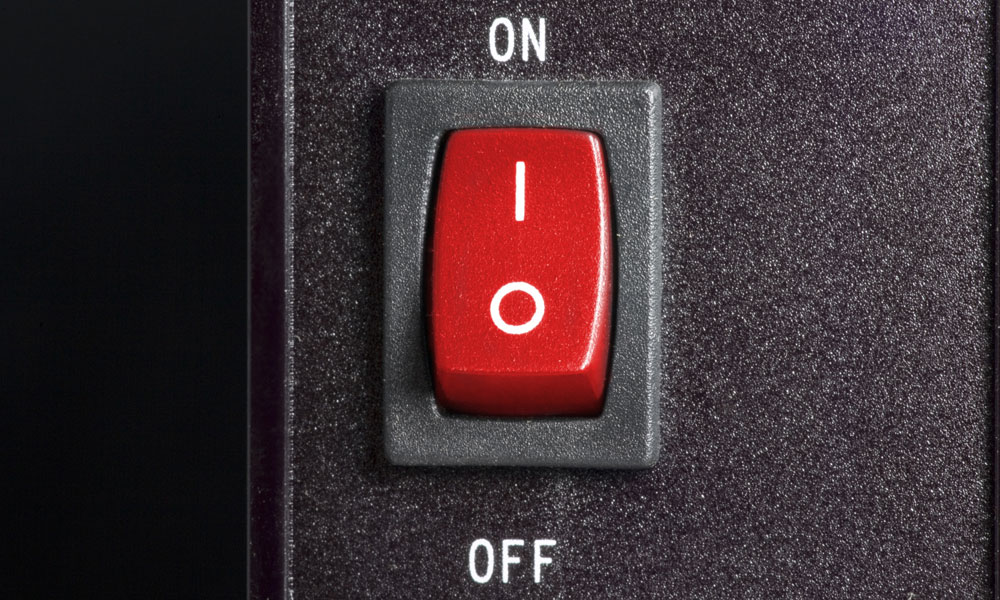
Study: More Than Half of Americans Are ‘Always On’
Is checking work-related messages outside of business hours bad for work-life balance? Maybe not, according to a new study released by the American Psychological Association.
We know more and more Americans are checking emails and answering work-related phone calls while on vacation, and a new study [PDF] released by the American Psychological Association’s (APA) Center for Organization Excellence illustrates this phenomena is not relegated to employees’ paid time off.
Fifty-three percent of employed Americans check work email, text messages, and voicemail at least daily over the weekend, and 52 percent said they check these messages at least once a day during nonwork hours, according to “Communication Technology: Implications for Work and Well-Being.”
For many people, the ability to stay connected adds value to their work and personal lives. We’re learning that not everyone wants to power down, and that’s OK.
What’s more surprising about the study’s findings is that the ability to stay connected to work through mobile devices and communication technology is improving employees’ work-life balance, at least for the 56 percent of respondents who reported this type of technology increases their productivity and for the 53 percent who reported it provided them with greater flexibility.
“While there’s no question that people need downtime to recover from work stress and avoid burnout, that doesn’t necessarily require a complete ‘digital detox,’” David W. Ballard, PsyD, MBA, assistant executive director for organizational excellence at APA, said in a statement. “For many people, the ability to stay connected adds value to their work and personal lives. We’re learning that not everyone wants to power down, and that’s OK.”
The findings weren’t all positive. Roughly a third of respondents reported that communication technology has led to an increase in the quantity of their work and has made it more difficult for them to stop thinking about work or take a break.
The survey also analyzed responses by age and gender and found that more men check work-related messages at least daily outside of business hours as well as over the weekend, on vacation, and on sick days. A greater percentage of men also reported that communication technology provided them with more flexibility and positively affected their work relationships.
Younger workers, those between the ages of 18 and 34, were more likely to check messages outside of work than employees age 45 to 54. The younger demographic was also more likely to report both positive and negative side effects of communication technology. For example, 32 percent of younger employees, compared to 12 percent of those 55 and older, reported that communication technology forces them to work faster, and twice as many workers age 18 to 44, as opposed to those 55 and older, reported work-life conflicts stemming from always “being on.”
How often are you checking in with work during non-business hours? Let us know in the comments.
(iStockphoto/Thinkstock)






Comments